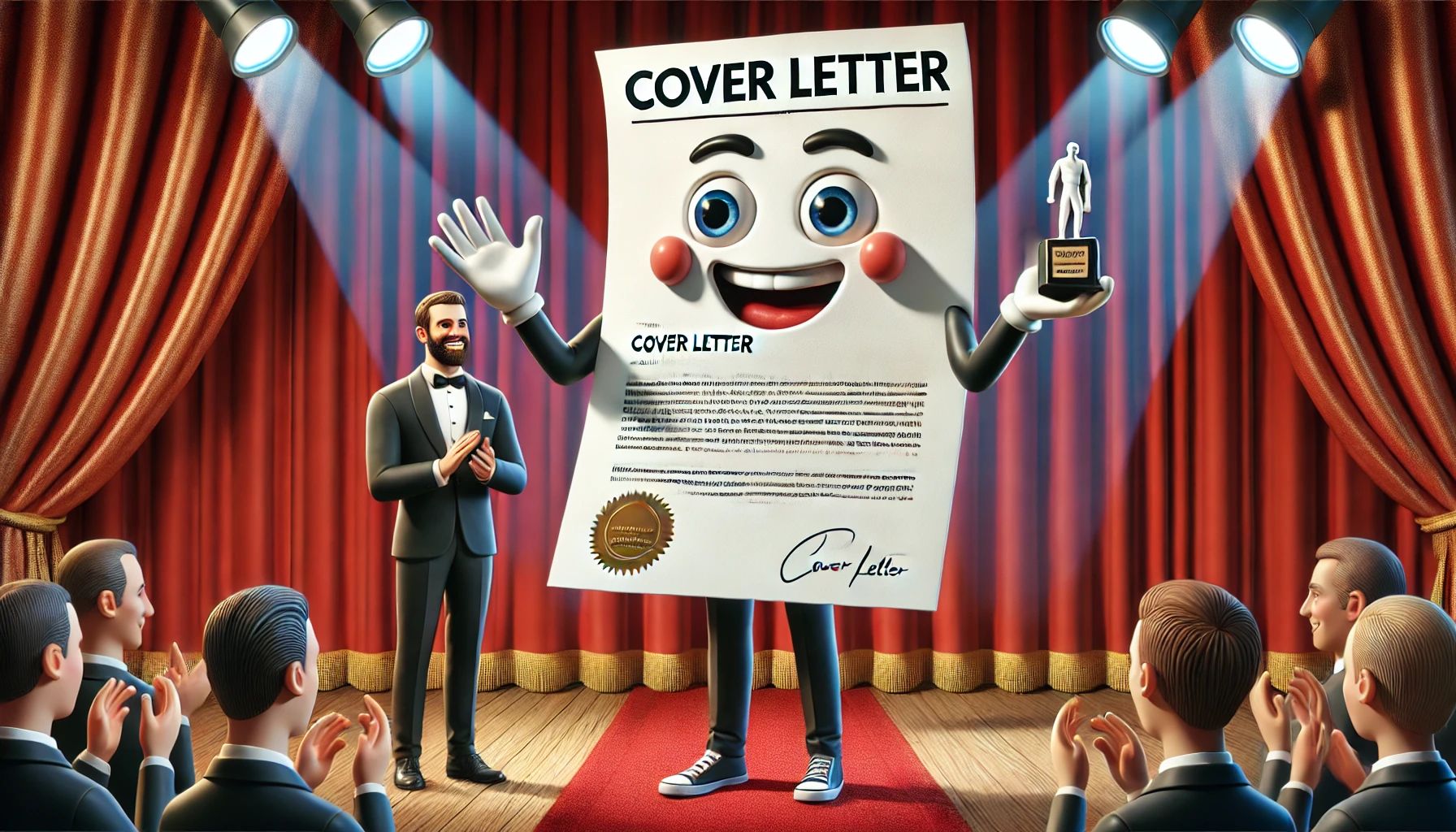
Let’s face it, when it comes to preparing our resumes for the job search, we would definitely like it to be easy. I mean, if we could prepare one, instead of two resumes that answers every question for every reader, we would be golden! Unfortunately, there are instances where a different tool is needed in your toolbox. Now, I am not talking about the task of Simply tailoring one’s resume to a job description. I am talking about the need for a completely different strategic approach. So, how do you know when there is a need to take a different strategic approach to your resume than you previously have? Below are a few examples of situations warranting this.
Competing Skill Sets
Some of us are very blessed, and that we can rely on a background that gives us numerous options. Why this is in fact a blessing, if approached the wrong way it actually ends up being a curse. When it comes to your resume, you do not want your reader feeling as though they are fishing through wood could be several potential skill set mixes in order to find where they fit into the equation. First, there is the issue of time. The average resume is reviewed for 10 seconds or less. That means there is no time to distract someone with content that does not relate to them. Second, even if the hiring manager where to see where your skill-set matched their requirements, they will wonder whether or not you are truly committed to the direction that the position requires. Neither of these scenarios work in your favor. If your job search is one that will be attacking different position types for Industries, you want to ensure that each one is speaking a specific language the reader. That hiring manager should not feel as though they are competing with other Industries for your services.
Same Job, Different Industry
Let’s say that you have been in pharmaceutical sales for the last 15 years, but you are also seeking a sales position outside of that industry. In a case such as this, the pharmaceutical sales resume will likely have a great deal of industry-specific jargon. There will be in pronounceable drug names, references to various therapeutics, and other things that may make readers from other Industries cringe. So what do you need to do question mark you need to put together a resume that pulls the focus away from the industry and back on your ability to sell. That other resume should strip away all of the industry-specific terminology and jargon so that the reader does not view you as a pigeon-holed pharmaceutical professional.
Federal vs Private Sector
This scenario may present the most dramatic difference in resume needs. The federal resume and private-sector resume are in fact two different and distinct animals. When it comes to your federal resume, you will want to flesh out the content and be thorough with regard to the communication of all relevant skills with regard to the position in question. Federal resumes can be quite lengthy, based upon the amount of experience one brings to the table. In contrast, your private sector resume has the goal of brevity. You rarely have situations that warrant more than two pages. As such, someone with an extensive background will have to make some tough decisions on what to exclude. Additionally, the very infrastructure of these documents is a bit different. With the federal resume, you are including much more information in the position headers then you would with the private sector resume. For those exiting the military, it is quite common to include all awards and medals on a federal resume, why only including them in the private sector version if it is very relevant to the type of position being sought. So in this case, if actively applying for positions in the public and private sector, two resumes is the bare minimum.
No one said it would be easy. Looking for a job is hard work. Ensuring all the proper tools are in your toolbox is paramount to getting this thing done quickly, and two resumes may be just what the doctor ordered to keep your search humming along. Think of each of your readers as speaking a different language. You would not expect to have a conversation with five individuals, each speaking a different language, by using the same language. Your resume is no different. Ensure that you are speaking the language of the hiring manager, and you give yourself and your resume a great shot.










